
A still from 'He Is Dragon' movie
Indar Dzhendubaev/Bazelevs Production, Globus, 2015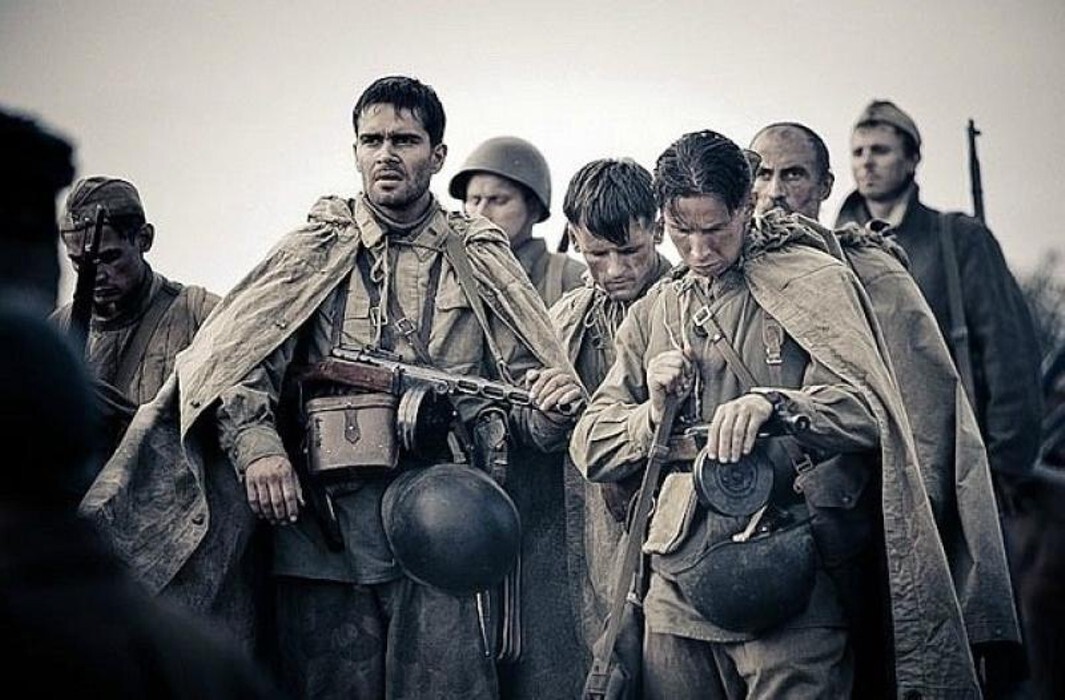
The first Russian movie to be shot specifically in IMAX 3D, Fedor Bondarchuk's war drama stands out above all, thanks to its special effects.
The movie about an episode in the Battle of Stalingrad became the highest-grossing movie in the history of modern Russian cinema distribution (as of 2013) and notched up impressive earnings at the box-office in North America and Asia. In China, 'Stalingrad' even became the highest-grossing non-Hollywood and non-English language movie (until surpassed by India's ‘PK’ in 2015).
The movie, however, was met with very mixed reviews. It was selected as Russia's submission for the Oscars, but failed to be nominated.

This sports drama was inspired by events at the 20th Summer Olympic Games in Munich in 1972, when the Soviet national men's basketball team beat the U.S. squad in the final.
After its release in 2018, it became the highest-grossing movie in Russia and earned $60 million at the international box-office. It is particularly notable for its dramatic acting and camera work.
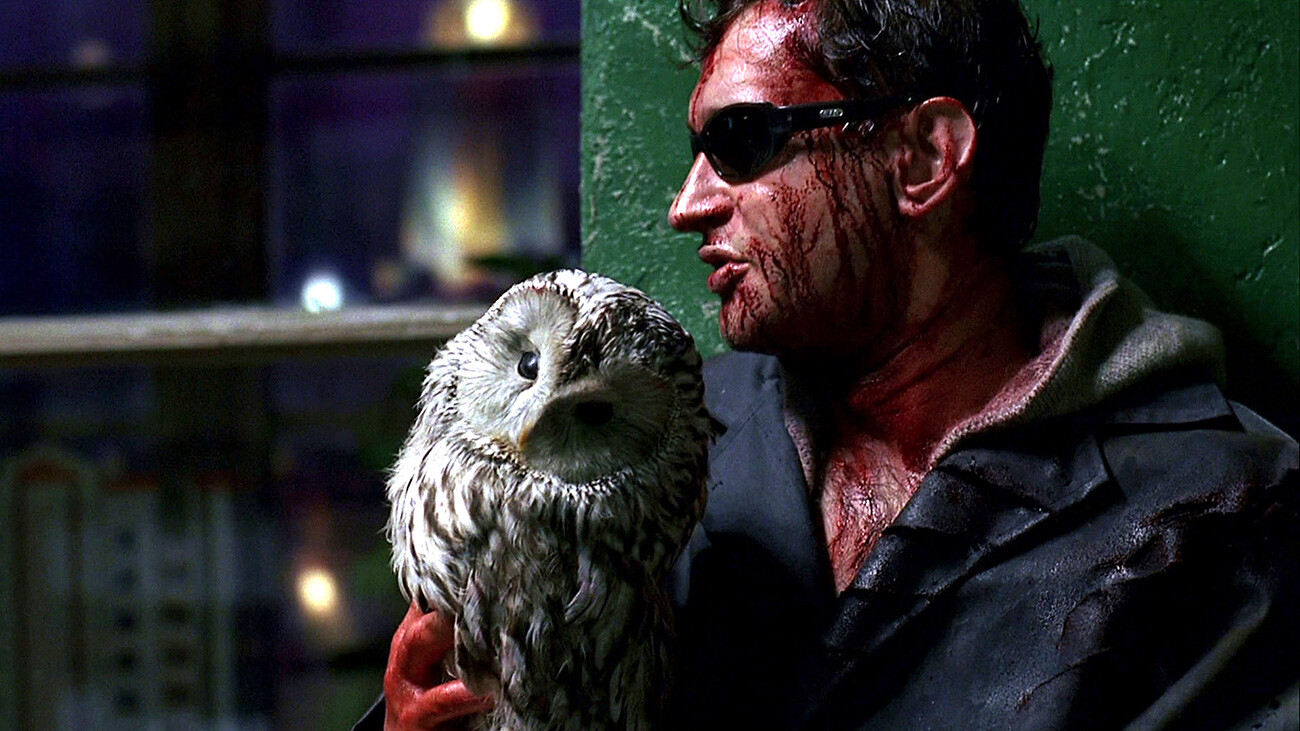
The movie, made in the urban fantasy genre and based on a novel by Sergei Lukyanenko, is frequently described as the "first Russian blockbuster". Timur Bekmambetov's picture about the battle of the supernatural forces of Light and Dark in the setting of modern-day Moscow broke multiple records at the Russian box-office and, later, became a hit in the U.S. (grossing $1.5 million) and other countries. The movie also acquired cult status and became a source of many memes and catchphrases.
Directors Quentin Tarantino and Danny Boyle also named 'Night Watch' among their favorite movies and ‘Empire’ magazine included it in its list of one hundred best films in the history of world cinema.

A historical drama filmed in the spirit of 'Game of Thrones', the movie tells of the rise to power of Prince Vladimir (played by actor Danila Kozlovsky) and his baptism of Russia. The plot is inspired by the ‘Primary Chronicle’ (a chronicle of Kievan Rus' from about 850 to 1110).
It is one of the most expensive movies in the history of Russian cinema. It was praised for the scale of its battle scenes and the sweep of its narrative, but criticized for historical inaccuracies.
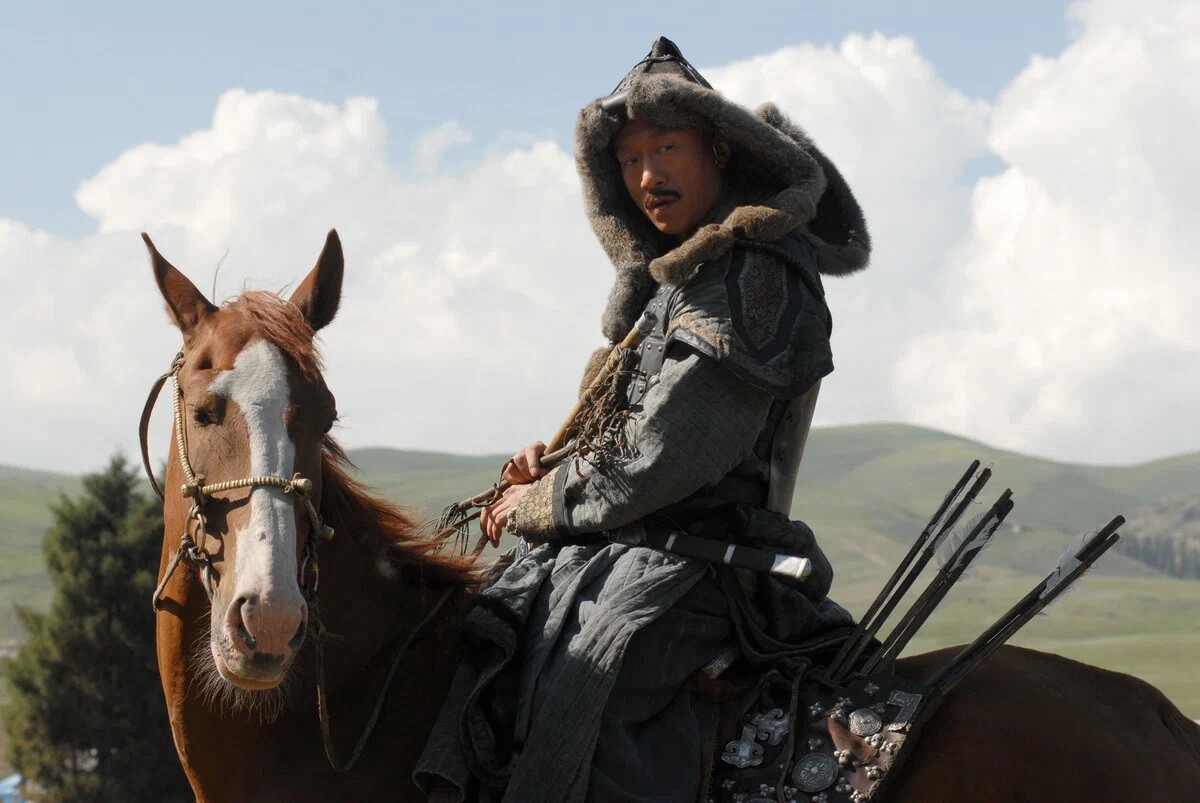
Co-produced by Russia, Kazakhstan and Germany and directed by Sergei Bodrov, the movie is a biopic of Temüjin, who later came to be known as Genghis Khan. The story of the making of the warrior who would go on to become the famous ruler and military leader was nominated for an Oscar in the ‘Best Foreign Language Film’ category in 2008.
The blockbuster, shot using Hollywood techniques, was released in 30 countries worldwide. It grossed the most in the U.S. and France, as well as doing well in the UK, Italy, Spain and Turkey.
Some critics attribute the success of the movie to the growing trend for Asian culture – cinemas at the time were showing movies like 'The Mummy: Tomb of the Dragon Emperor', 'The Forbidden Kingdom' and 'Kung Fu Panda'. However, the quality and authenticity with which 'Mongol' was shot should not go unnoticed – audiences appreciated its battle scenes, costume design and its dramatic qualities.
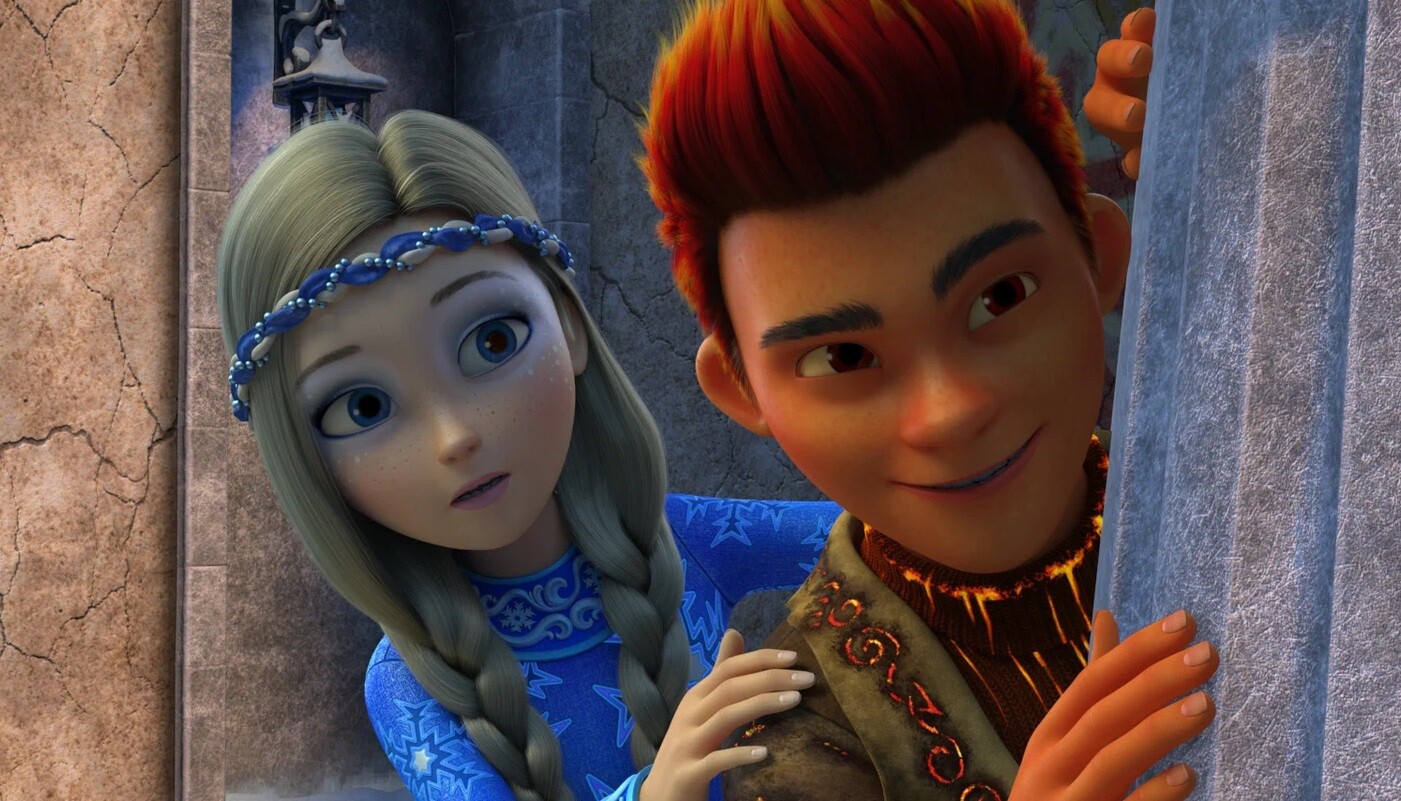
Russia’s answer to the fable about Princess Elsa and Anna in 'Frozen’ was the animated movie 'The Snow Queen’. In the third installment, the main protagonists are the now grown-up Kai and Gerda, who continue to get into various adventures. New heroes are added to the original Hans Christian Andersen classic and the plot does undergo substantial changes throughout the franchise.
The tale was particularly popular in South Korea. The preceding sequel, 'The Snow Queen 2: The Snow King' (also released as 'The Snow Queen: Magic of the Ice Mirror'; 2014) also earned almost $6 million worldwide, with the main receipts coming from China.
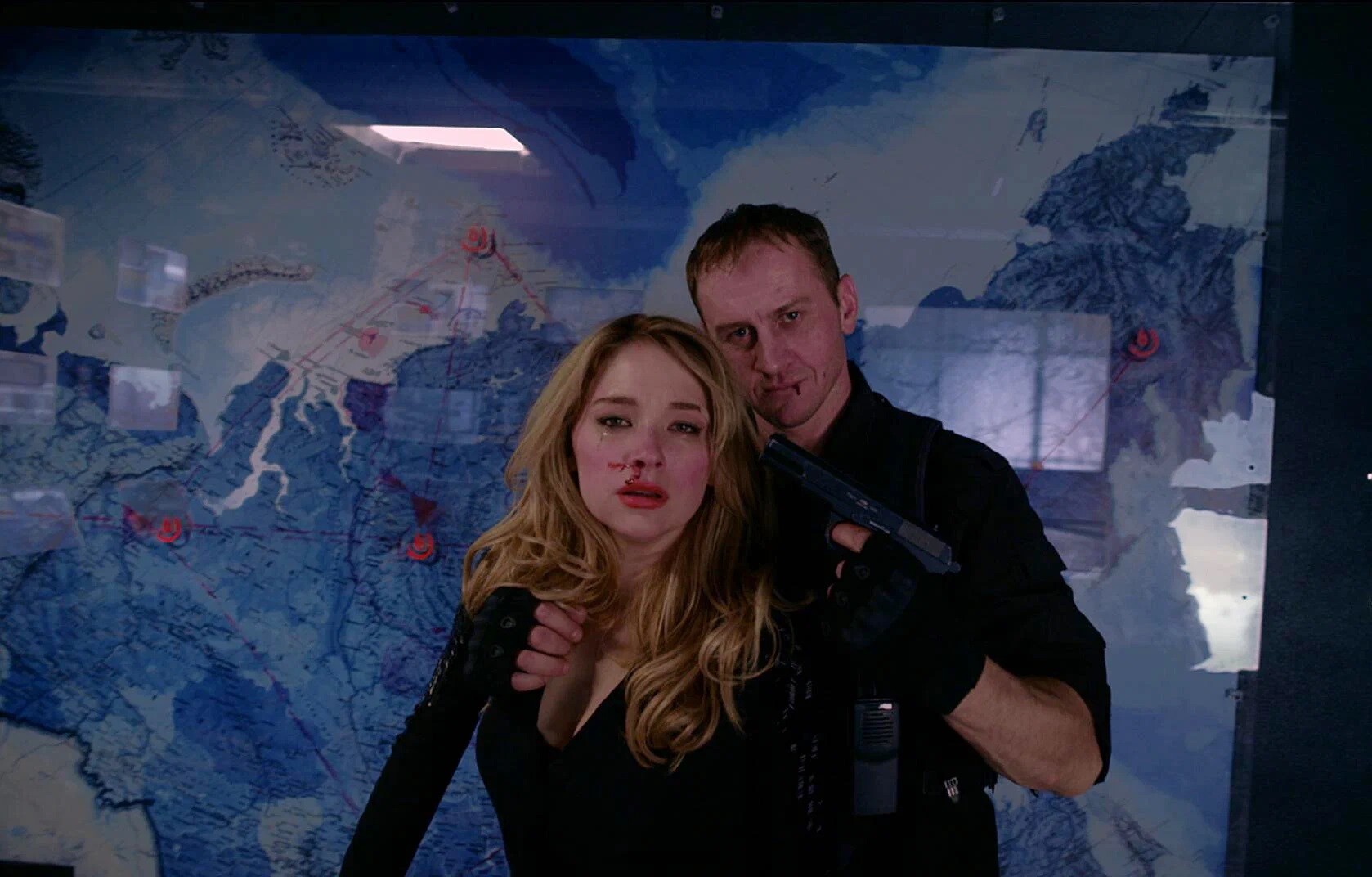
Director Ilya Naishuller's science fiction action movie is shot from the point of view (POV) of the main protagonist, Henry – the audience follows the plot through him, as in a first-person shooter (FPS) computer game. According to the plot, he has amnesia and recalls nothing of the past except that he needs to rescue his wife from a gang of mercenaries.
It also stars Russian and foreign actors - Sharlto Copley, Danila Kozlovsky and Haley Bennett and had its premiere at the Toronto International Film Festival.
'Hardcore Henry' was a reasonable success with American audiences – the movie grossed almost $17 million at the box-office worldwide, with the bulk of the receipts coming from the U.S. ($9.2 million).

A drama that gives Hollywood a run for its money when it comes to sheer spectacle is Anton Megerdichev's 'Metro'. The plot centers on events during the construction of Moscow Metro stations: A crack appears in one of the tunnels and water from the River Moskva begins flooding in. The raging torrent presents a catastrophic threat to passengers and to the city.
The disaster movie combines drama with elements of a thriller. Some of the actors even suffered from claustrophobia during shooting and five different studios worked on the special effects. The filmmakers' efforts were particularly appreciated by audiences in France, Germany and Spain.

A fairytale subject with elements of Eastern mythology, the fantasy 'He Is the Dragon' was a hit in China. The movie about a princess named Miroslava, who is abducted by a dragon at her wedding, stars Maria Poyezzhaeva and Matvey Lykov and is loosely based on the 1996 fantasy novel ‘The Ritual’ written by Marina and Sergey Dyachenko..
The dramatic scenes, the exceptional scenery (the movie was shot in Bulgaria among other locations) and the special effects went down particularly well with audiences in China. It is noteworthy that the visual effects producer had previously worked in Peter Jackson's studio 'King Kong' (2005) and the 'Lord of the Rings' franchise (2001-2003).
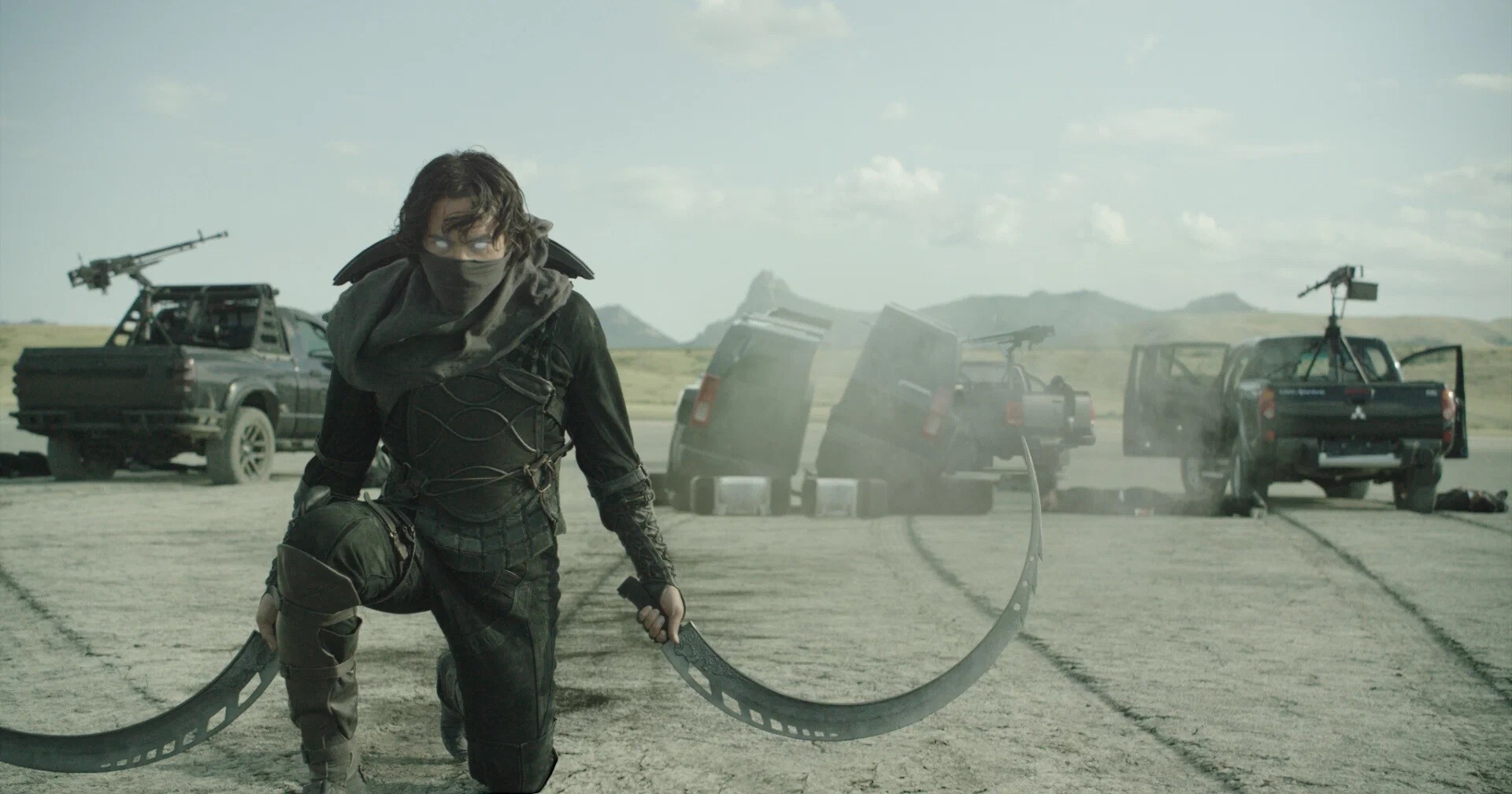
The action movie about Soviet superheroes with special powers met with a cool response on its Russian release, to say the least. But, the critical reception accorded to a story that can be compared to 'The Avengers', 'Justice League' or 'Fantastic Four' failed to dent the international marketing of the movie. Box office receipts abroad totaled almost $10 million. China accounted for the largest part of the takings, but the action fantasy with a bear-man, an invisible woman and other heroes also did well in Latin America.
Dear readers,
Our website and social media accounts are under threat of being restricted or banned, due to the current circumstances. So, to keep up with our latest content, simply do the following:
If using any of Russia Beyond's content, partly or in full, always provide an active hyperlink to the original material.
Subscribe
to our newsletter!
Get the week's best stories straight to your inbox